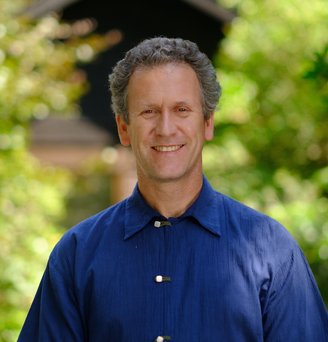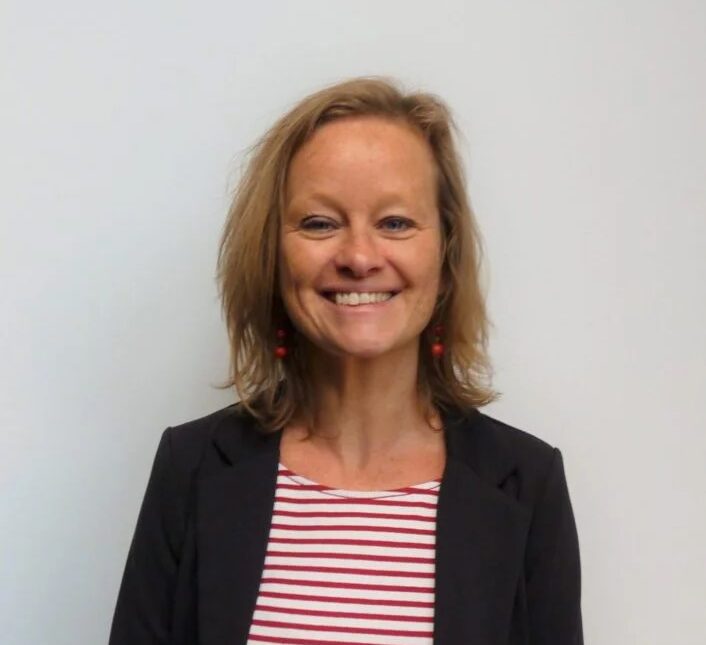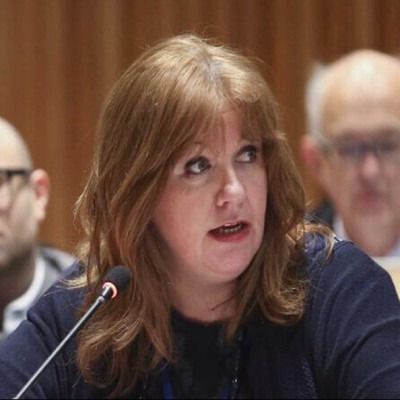#FossilFreeTransport
A call to double the share of energy efficient and
fossil-free forms of land transport by 2030
Transport enables prosperity and livelihoods. But current paradigms of how people and goods are moved and how transport systems are powered also bring us growing emissions, air pollution and energy demand. Energy efficient and fossil-free forms of land transport have a transformative role in achieving equity, development, climate, health, energy efficiency and renewable energy objectives. Join us in this call for urgent, transformative action!
Maruxa Cardama, Secretary General, SLOCAT

Energy supply and energy demand are opposite sides of the same coin. Fossil fuel free land transport is not only a chance for decarbonised and sustainable mobility, but also for shifting our energy system from fossil fuels to renewable energy – NOW!
Rana Adib, Executive Director, REN21

Doubling the share of energy efficient and fossil-free forms of land transport for people and goods by 2030 requires organizational changes and technological changes, to increase renewable energy use and reduce the pressure on energy needs for mobility. For future national action, this means not only a structural shift from thermal to electric vehicles, but also a shift in the way we produce, consume, trade, or work, and in the way we develop our infrastructures and services. This calls also for accelerated and enhanced international cooperation
Yann Briand, Senior Research Fellow, Institut du Développement Durable et des Relations Internationales (IDDRI)

As the fastest-growing consumer of fossil fuels, the transport sector needs to pivot to low-emission solutions rapidly. A future free of fossil fuels is within reach only if cities adopt electric mobility and promote public transit, cycling, and walking.
Heather Thompson, CEO, Institute for Transportation and Development Policy (ITDP)

Having urban transport systems that work for people and our planet is a priority. That is why we need to double the share of energy efficient and fossil-free forms of land transport by 2030, with public transport and active mobility playing a central role.
Philip Turner, Head of Sustainable Development, International Association of Public Transport (UITP)

The transport sector requires system change to meet climate and development goals of dramatically reducing emissions and improving people’s lives: the ability to travel safely, breath clean air and reach economic opportunity. Fossil fuel free transport is possible through scaling vehicle electrification, expanding public transport, investing in cycling and walking and other tools already at our disposal.
Benjamin Welle, Director, Integrated Transport & Innovation, World Resources Institute (WRI)

It is an honour for the Ministry of Transportation and Telecommunications of Chile to join with other signatory countries to support the call to action. It is our commitment as the Government of President Gabriel Boric to work towards sustainable, environmentally friendly transport that improves the quality of life for all people. In this regard, we have introduced electrification in public transport with more than 2000 electric buses already in operation. We are advancing in new projects to bring this reality to all regions of the country. Additionally, we continue to collaborate with public and private sectors to promote the use of more efficient and less polluting private vehicles. Undoubtedly, as a ministry, we will continue to advance in all actions that tackle climate change to preserve a better planet for current and future generations.
H.E. Mr. Juan Carlos Muñoz Abogabir
Minister of Transport and Telecommunication, Chile

In rapidly developing Asia where people breathe poor air quality and face the destructive effects of climate change, we need to move people and goods with energy-efficient and fossil-free land transport; focus on shifting to public transport, walking and cycling, electric vehicles, and railways; and increase renewable energy use, including in powering land transport.
Glynda Bathan-Baterina, Deputy Executive Director, Clean Air Asia

Today’s transport transition is being overshadowed by the growing global demand for mobility, outpacing gains made through electrification and the advancement of soft mobilities, as highlighted in our 2023 Global Synthesis Report on Climate Action. Alongside the technological shift, there is also a need for a systemic shift in how transport is organised in cities, regions, and worldwide. This is why Climate Chance endeavours to bring all stakeholders to the table, to collectively advance towards inclusive, resilient and low-carbon modes of transport.
Romain Crouzet, General Manager, Association Climate Chance

The modes of transport and clean technologies needed to double the share of energy-efficient and fossil-free land transport by 2030 are at our disposal. The key lies in re-imagining urban and transport planning and creating clear road maps to strategically scale up these solutions for widespread implementation.
Jens Giersdorf, Management Head, Transformative Urban Mobility Initiative (TUMI)

The world needs to give more attention to mobility for a climate-neutral future. Today’s mobility remains entrenched in fossil fuel dependence. Actors and authorities at all levels of governance must work together to transform the transport sector.
Henrik Gudmundsson, Senior Consultant, CONCITO

Promoting fossil-free transportation with a gender and differential approach is crucial for climate justice. It ensures resilience, equity, and inclusion in the transition to sustainability, comprehensively addressing the unequal impacts of climate change.
Alejandra María Álvarez Orrego, Coordinator of Women in Motion | Gender and City Leader at Despacio

Walking is the energy efficient and fossil-free mode we need and use every day. Let’s leverage that status to support the change to the transport eco-system that supports more walking with safe, attractive neighbourhoods and links to public transport.
We support this call to action to bring forward the transition we need.
Bronwen Thornton, CEO, Walk21 Foundation

Ahead of COP28 and the 1st UN Transport Day, ICLEI emphasizes the need for urgent action to double the share of energy-efficient and fossil-free land transport. ICLEI cities and regions lead in fostering sustainable mobility and the shift to renewables through collective action and strategic partnerships for a resilient, equitable future.
Gino Van Begin, Secretary General, ICLEI – Local Governments for Sustainability

Cities and regions hold many of the keys when it comes to making mobility more sustainable. They have set ambitious targets and are implementing a wide range of measures to address the negative externalities linked to transport and improve the quality of life and health of their citizens while offering high-quality sustainable mobility services. They cannot do this alone however and need the support from other levels of government.
Karen Vancluysen, Secretary General, POLIS

As one of the most sustainable and efficient modes of transport on earth, more cycling will help double the share of energy efficient and fossil-free forms of land transport. This is why the European Cyclists’ Federation supports this call.
Jill Warren, CEO, European Cyclists’ Federation (ECF)

Keeping transport emissions on a 1.5º C degree pathway demands a shift to zero carbon, efficient & active mobility, more public and shared transport, and other equitable and sustainable mobility options. This is the best route to healthy people & a healthy planet.
Sheila Watson, Deputy Director, FIA Foundation

It is our generation’s responsibility to rise up and save human and other creation against climate change.
Sylvester Woga, Chief Coordinator, Ecoprenuers 4 Climate

GDPR and Privacy Policy I Terms of Service
© 2023 SLOCAT Partnership. All rights reserved. RSIN NUMBER: 854256532